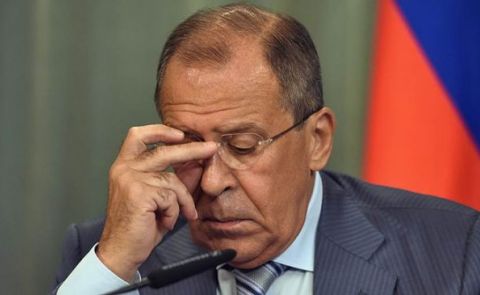
Nagorno-Karabakh: Armenia hardens its position
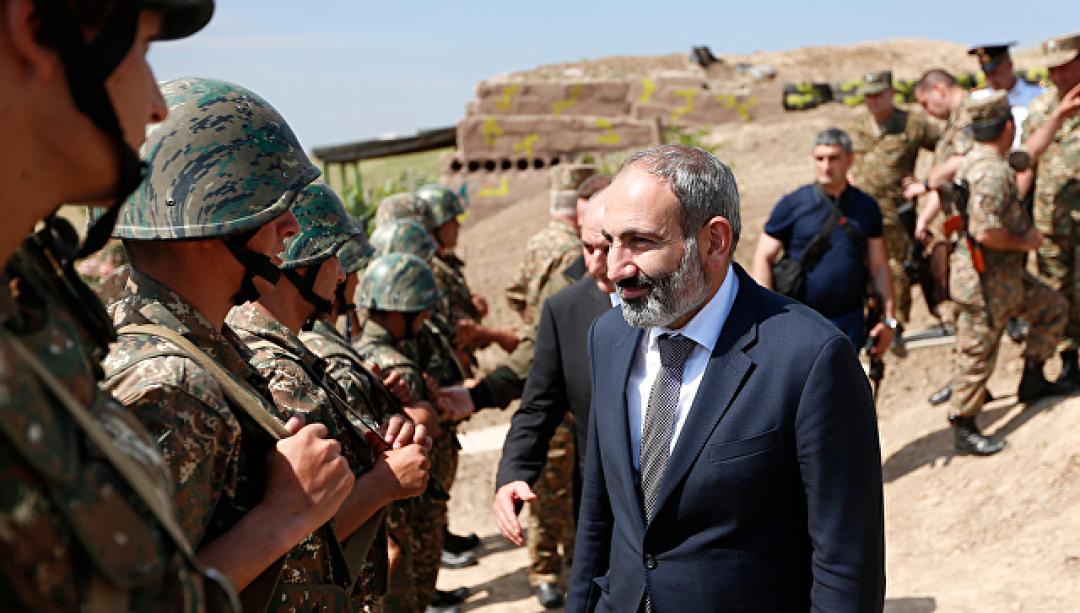
The statement by the OSCE Minsk Group on the current situation in the Nagorno-Karabakh conflict, published on 9 March, was unusually clear. The Minsk Group has been co-chaired by France, Russia and the USA since 1994 in the longstanding conflict between Armenia and Azerbaijan over the Nagorno-Karabakh region. The mediators have announced that there will soon be a meeting between the Azerbaijani President Ilham Aliyev and the Armenian Prime Minister Nikol Pashinyan. At the same time, they called on the conflicting parties to:
„refrain from statements and actions suggesting significant changes to the situation on the ground, prejudging the outcome of or setting conditions for future talks, demanding unilateral changes to the format without agreement of the other party, or indicating readiness to renew active hostilities.“ The Co-Chairs stated in the Joint Statement that a fair and lasting settlement must be based on the core principles of the Helsinki Final Act. These include in particular the non-application or threat of violence, the territorial integrity, as well as the equal rights and self-determination of the peoples.
The solution, according to the Co-Chairs, should also include additional elements as proposed by the co-chairing countries' presidents between 2009 and 2012. The proposal should include the following: the return of the areas around Nagorno-Karabakh to the Azerbaijani side; a provisional status for Nagorno-Karabakh, which provides guarantees for security and self-government; a corridor connecting Armenia with Nagorno-Karabakh; future determination of the final legal status of Nagorno-Karabakh by legally binding declarations of intent; the right of all internally displaced persons and refugees to return to their former homes, as well as international security guarantees that would include a peacekeeping operation.
The co-chairing states have positioned themselves against the multiple demands of the Armenian Prime Minister Nikol Pashinyan. Pashinyan insisted that the internationally unrecognized Republic of Nagorno-Karabakh should be represented in the negotiation process as an equal party to the conflict. In addition, he rejected the solution model "Land for Peace" in principle at a meeting with the Armenian diaspora in Cologne. The head of the Armenian State Security Service, Artur Wanezjan, promised on his recent visit to Füzuli (an area of Azerbaijan occupied by Armenian troops that is on the cease-fire line outside Nagorno-Karabakh) that Azerbaijan would not "cease a single centimeter of land". In addition, he discussed the implementation of the settlement program in the occupied territories of Azerbaijan with the leadership of Nagorno-Karabakh, so that they can be settled by Armenians. At the same time, Armenian Defense Minister Davit Tonoyan has hinted at a change in Armenian military strategy. His country is ready to wage a war of aggression against Azerbaijan if it should come to renewed hostilities between the two countries, says Tonoyan.
In the international community, this perceptible hardening of the Armenian position seems to be incomprehensible. Even before the mentioned statement of the Minsk Group, the European Commissioner for European Neighbourhood Policy and Enlargement Negotiations, Johannes Hahn, openly opposed changes in the existing negotiating format at the meeting with Nikol Pashinyan in Brussels.
As the Armenian newspaper "168 Hours" reported, the statement of the Minsk Group has put the Armenian Prime Minister Nikol Pashinyan in a complicated situation. The Prime Minister had reached a dead end because he could neither renounce his statements regarding the participation of Nagorno Karabakh in the negotiations nor participate in the negotiations, in which this topic was not even on the agenda. To discuss the situation, Pashinjan has convened a meeting of the Security Council in Nagorno Karabakh. According to the newspaper, the holding of the meeting of the Security Council in Nagorno-Karabakh could be an attempt to give the impression that the unrecognized Nagorno-Karabakh Republic is participating directly in the negotiations. But after the meeting in Nagorno-Karabakh, Pashinjan reiterated his position: Nagorno-Karabakh must be recognized as a main conflicting party in the negotiations, as he himself as Prime Minister of Armenia does not even have the mandate to represent the Armenians of Nagorno-Karabakh. However, according to British analyst Thomas De Waal, Pashinjan's call for Nagorno-Karabakh's involvement in the bargaining process is likely a maneuver to gain time.
Baku also seems ready to harden its position. On March 12, the country launched large-scale four-day military exercises. About 10 000 soldiers, 500 tanks and vehicles, 300 artillery and missile systems as well as 20 fighter planes and helicopters participating in the maneuver. In this context, experts warn that with the onset of spring, there is also the danger that the Nagorno-Karabakh conflict, often referred to as a "frozen conflict", could be defrosted.
Author: Mamuka Gelashvili (Georgia)
See Also

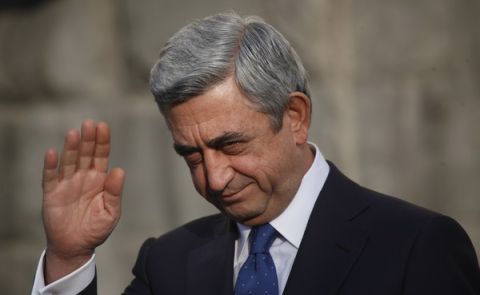
Serzh Sargsyan Rejects Charges, Backs Impeachment, and Warns of Secret Deals
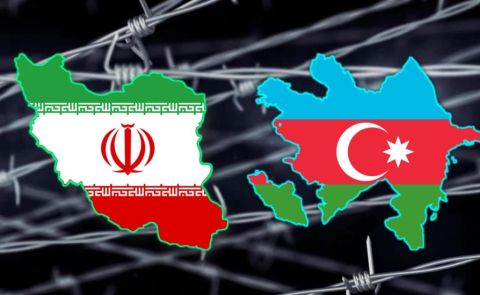
Azerbaijan Confirms Execution of Terrorist Behind Embassy Attack in Iran
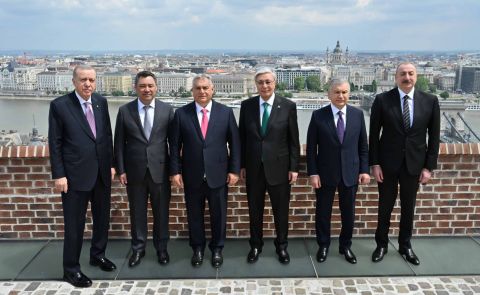
Turkic Leaders Adopt Budapest Declaration, Emphasizing Peace, Trade, and Digital Connectivity
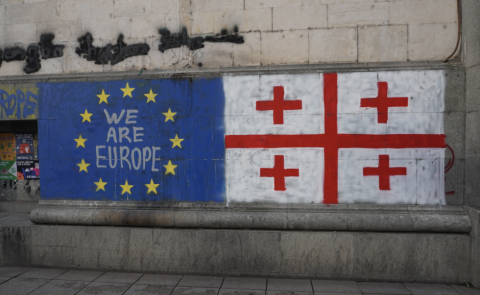
International Officials Criticize Georgian Dream Amid Democratic Concerns

